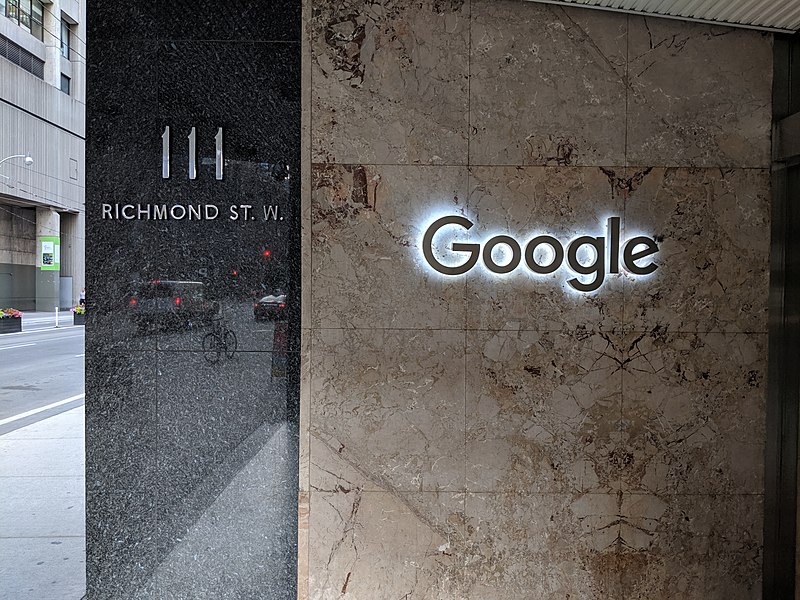Details of the preliminary settlement have yet to be released. However, attorneys for the plaintiffs had originally sought billions of dollars in damages.
Google has agreed to settle a lawsuit alleging that it tracked the activity of millions of users who thought that their personal information would be protected in Chrome’s “Incognito” mode.
According to The Guardian, U.S. District Judge Yvonne Gonzalez Rogers recently announced a delay to a trial expected to begin in February. In her order, Gonzalez Rogers noted that attorneys for both parties had reached a preliminary settlement.
“The Parties are presently preparing a final and definitive settlement agreement, which they anticipate executing within 30 days of this filing and then presenting for this Court’s approval within 30 days thereafter,” attorneys wrote. “To avoid any unnecessary waste of judicial resources and to allow the Parties to focus their efforts entirely on finalizing the settlement, the Parties jointly and respectfully request that the Court stay this litigation in its entirety and vacate the trial date.”
Details of the settlement have not yet been announced. However, the plaintiffs had earlier requested damages of at least $5 billion. In their initial complaint, they suggested that Alphabet Inc.—the parent company of Google—misrepresented the extent of privacy-related protections offered by Chrome’s “Incognito” mode.

The lawsuit alleged that Chrome’s “Incognito” browser was advertised in such a way that most reasonable users would be led to believe that it retained none of their personal information. But the complaint stated that Google continued to collect consumers’ “Incognito” data through other tools, including Google Analytics, Google Ad Manager, and a wide range of other applications and website plug-ins.
In most cases, Google could harvest information even when users made an effort to avoid Google-sponsored advertisements.
By purportedly breaching consumers’ trust, the lawsuit said, Google could learn more about its users’ friends, foods, shopping habits—even the “most intimate and embarrassing things” they might search for while using “Incognito” mode.
Google, attorneys wrote, “cannot continue to engage in the covert and unauthorized data collection from virtually every American with a computer or phone.”
But Google has long defended its practices, saying that users are warned that their browsing might not be private every time they open a new “Incognito” window.
“As we clearly state each time you open a new incognito tab, websites might be able to collect information about your browsing activity,” Google spokesperson Jose Castaneda said in a June 2020 statement.
However, Google’s efforts to force the case out of course largely failed, with Gonzalez Rogers rejecting a request for dismissal as recently as August. At the time, Gonzalez Rogers said the question of whether Google had made a legally binding promise to not collect users’ data in “Incognito” mode remained unresolved.
Sources
Google agrees to settle $5bn lawsuit claiming it secretly tracked users
Google agrees to settle $5 bn lawsuit over ‘incognito’ mode
Google faces $5 billion lawsuit in U.S. for tracking ‘private’ internet use
Judge rules Google has to face lawsuit that claims it tracks users even in Incognito mode


Join the conversation!